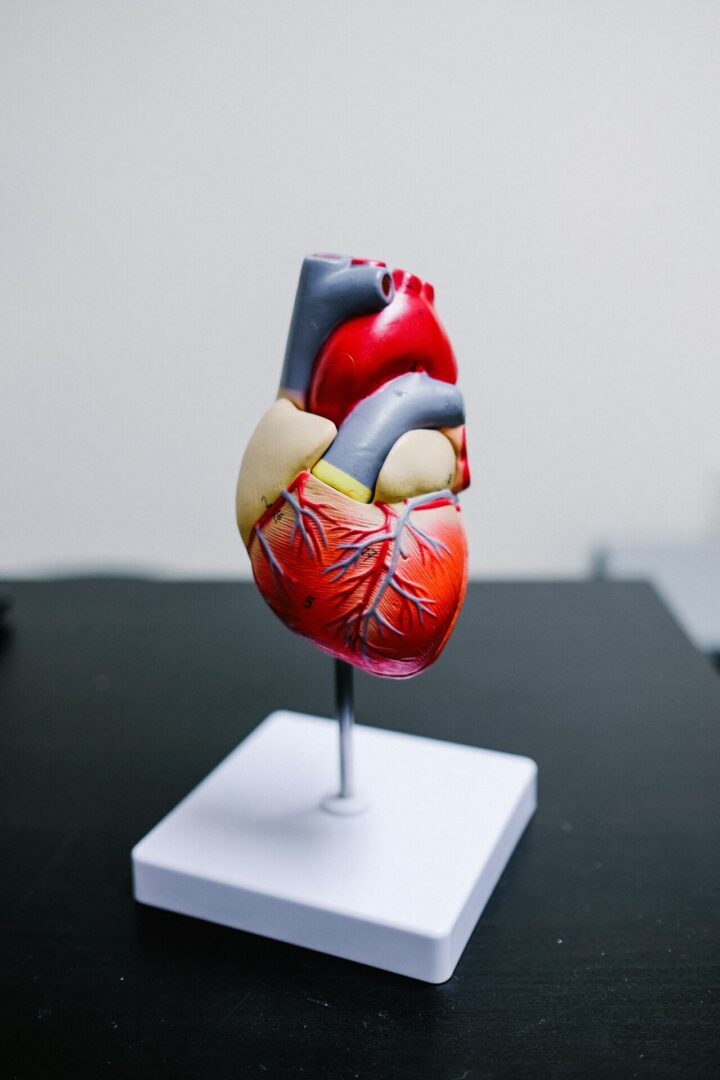
What is a Heart Murmur and Why it Matters
The beginning of my cardiac journey started with a visit to an internist whom I had never met before, who heard a murmur in my heart. An unusually loud one compared to others he has heard. The murmur led to my first cardiac workup and the determination I had a serious situation that required intervention.
This situation was a surprise to me and my family. As a twenty-year-old in college, this was not what I had on my bingo card for 1997. This surprise led us to scour my medical records for any mention of a heart murmur in the previous 20 years to see if it was noted anywhere in my records. It was not. So, now I had a congenital heart defect.
So what is a heart murmur. The Mayo Clinic describes one as:
Heart murmurs are sounds — such as whooshing or swishing — made by rapid, choppy (turbulent) blood flow through the heart. The sounds can be heard with a device called a stethoscope. A typical heartbeat makes two sounds like “lubb-dupp” (sometimes described as “lub-DUP”) when the heart valves are closing.
Heart murmurs can be present at birth (congenital) or develop later in life (acquired).
Some heart murmurs are harmless (innocent). An innocent heart murmur is not a sign of heart disease and doesn’t need treatment. Other heart murmurs may be a sign of a serious heart condition. Tests are needed to check the heart and heart valves. Heart murmur treatment depends on the cause.
Symptoms may include:
Harmless (innocent) heart murmurs usually don’t cause any other symptoms.
Symptoms of worrisome heart murmurs depend on the cause. Heart murmur symptoms may include:
Blue or gray fingernails or lips
Chest pain
Cough that doesn’t go away
Dizziness
Swollen liver
Swollen neck veins
Fainting
Heavy sweating with little or no activity
In infants, poor appetite and lack of growth
Shortness of breath
Swelling or sudden weight gain
https://www.mayoclinic.org/diseases-conditions/heart-murmurs/symptoms-causes/syc-20373171
In my case, the murmur was a complete surprise, and hearing that I needed surgery was scary. However, this is not always the case. Many times, murmurs are not worrisome and can be monitored. I have great hope and confidence in my medical team, and with the constant evolution of science, there are great treatments in our future for all cardiac patients.
If you or a loved one has a heart murmur, be sure to monitor it and tell your providers about it. With open communication, you can be your strongest advocate for your health! Be hopeful always!
What can I do for you?
Bill
